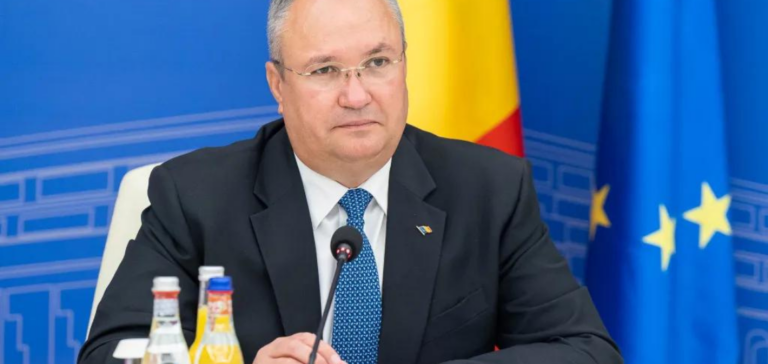Romania decides to extend their aid program until the end of August 2023. The program provides energy support for households and businesses. In addition, to ensure financing, Romania will apply a tax on the entire energy supply chain.
In November 2021, Romania had already implemented a first program. The latter included price caps on gas and electricity for households, small businesses and various public services (hospitals, schools). This cap is applied up to a certain level of monthly consumption. Suppliers receive the difference from the government.
Romania makes changes to its program
This first system was effective until March 2022. The second program desired by Romania was initially to run until March 2023. All at a cost of $3.3 billion.
However, the Romanian government has approved new measures extending this period by five months. In addition, the monthly consumption levels benefiting from the price cap will be reduced by 15%.
Finally, these new measures also include the application of a tax for producers and traders of energy and gas in order to feed an energy transition fund.
In addition, the government has decided to set a cap on the weighted average purchase price of electricity, to compensate suppliers. Suppliers and traders may be fined 5% in case they do not respect the sales prices and inflate the energy prices.
Nicolae Ciuca, Prime Minister, said before the meeting with the government:
“The measures will discourage speculative behavior in the electricity and natural gas markets.”
A program and changes that raise concerns
For example, changes to the support program were approved by decree, without public consultation. These changes also resulted in a re-evaluation of the necessary costs. Initially 16 billion lei, it is now 12 billion lei.
In sum, the Romanian program is expected to cost about 1 billion lei per month. According to Adrian Caciu, Minister of Finance, the new tax will neutralize expenses.
However, there are concerns and opposition to this program. For Radu Burnete, director of the employers’ association Concordia:
“We are on the third attempt to find a solution to a problem that affects everyone. An emergency ordinance that we learn about shortly before it is approved does not follow the law or the public interest.”
Romania’s support program is also considered by some to be dangerous for the country’s already troubled budget balance.






















